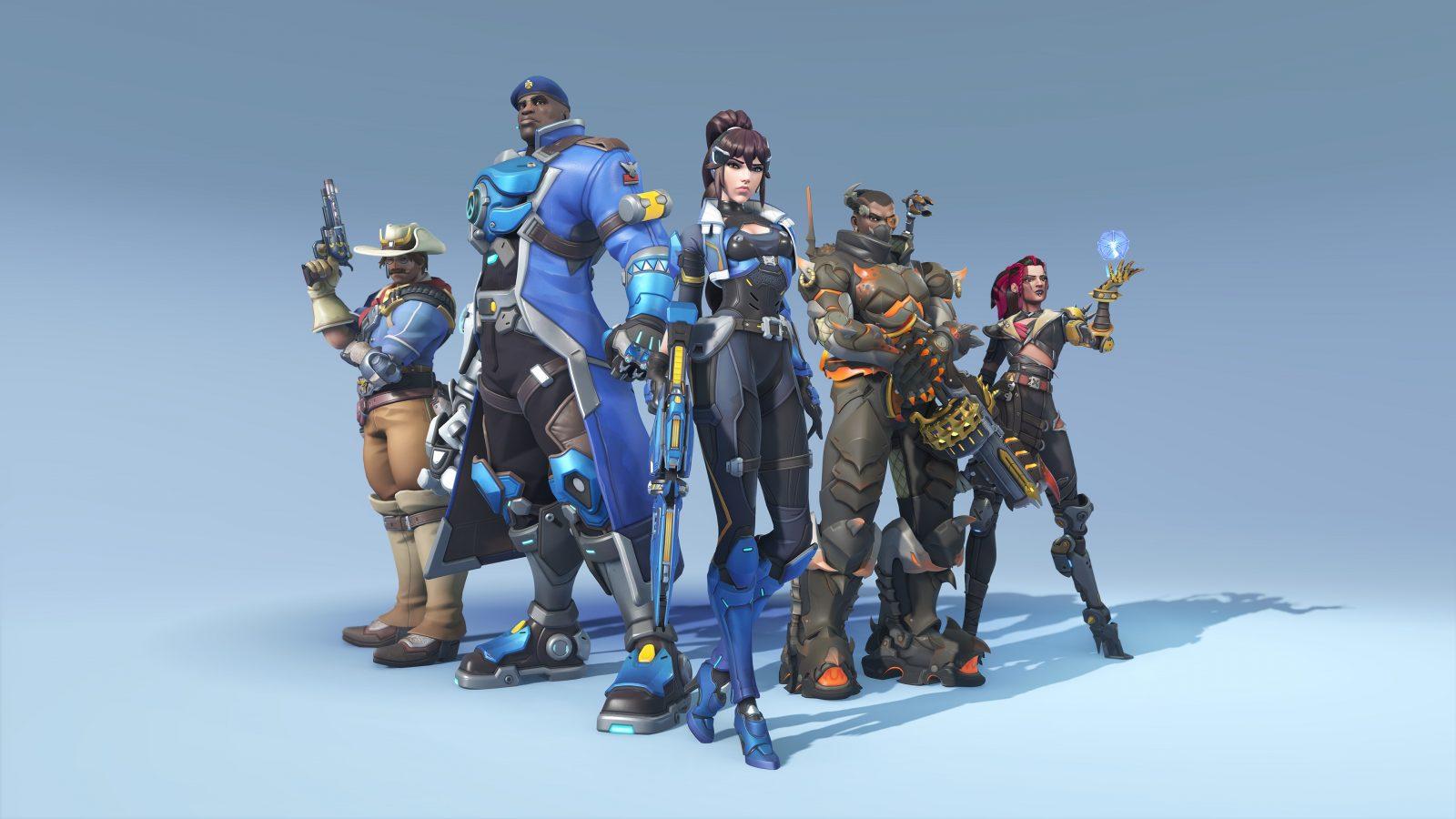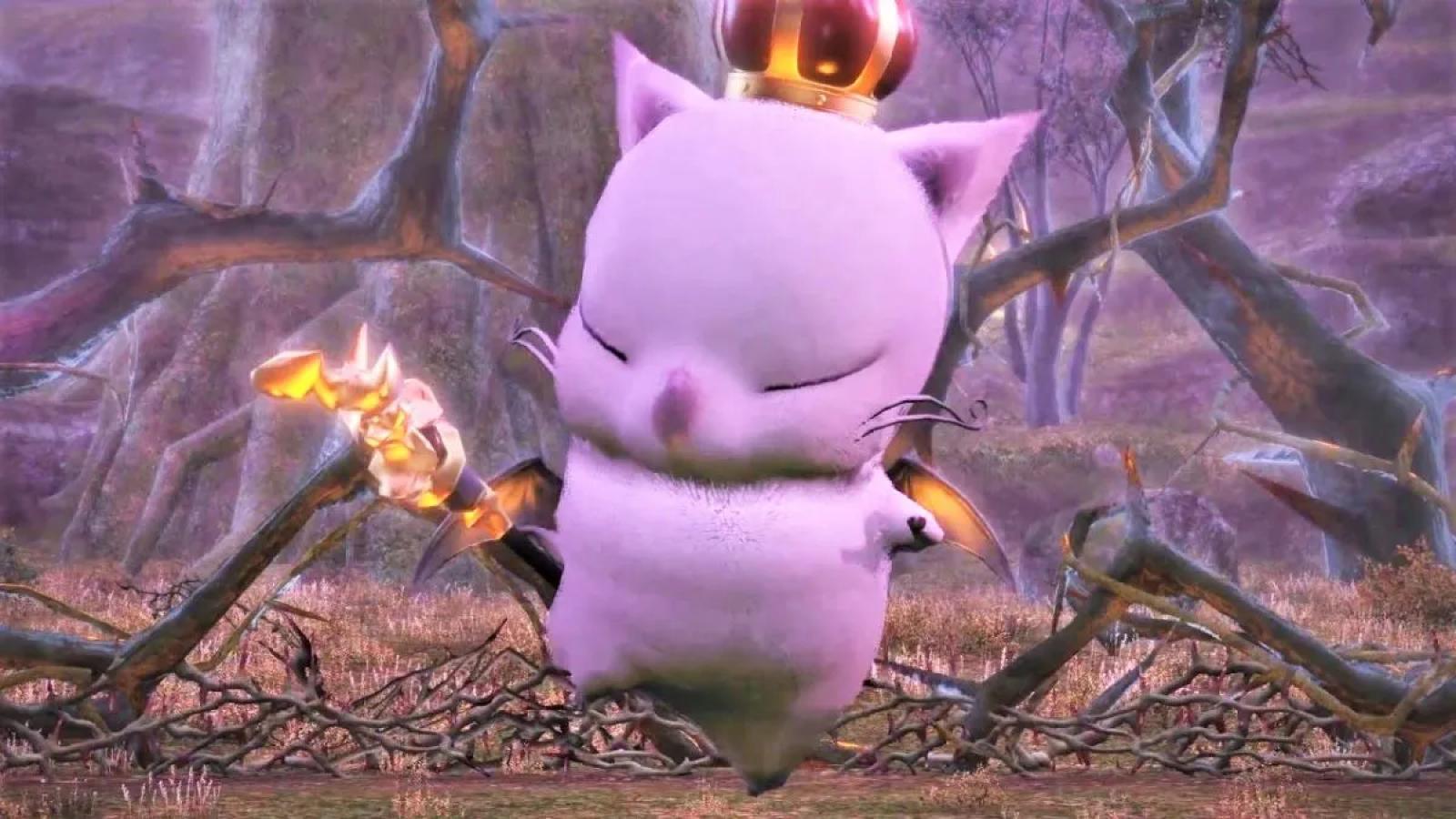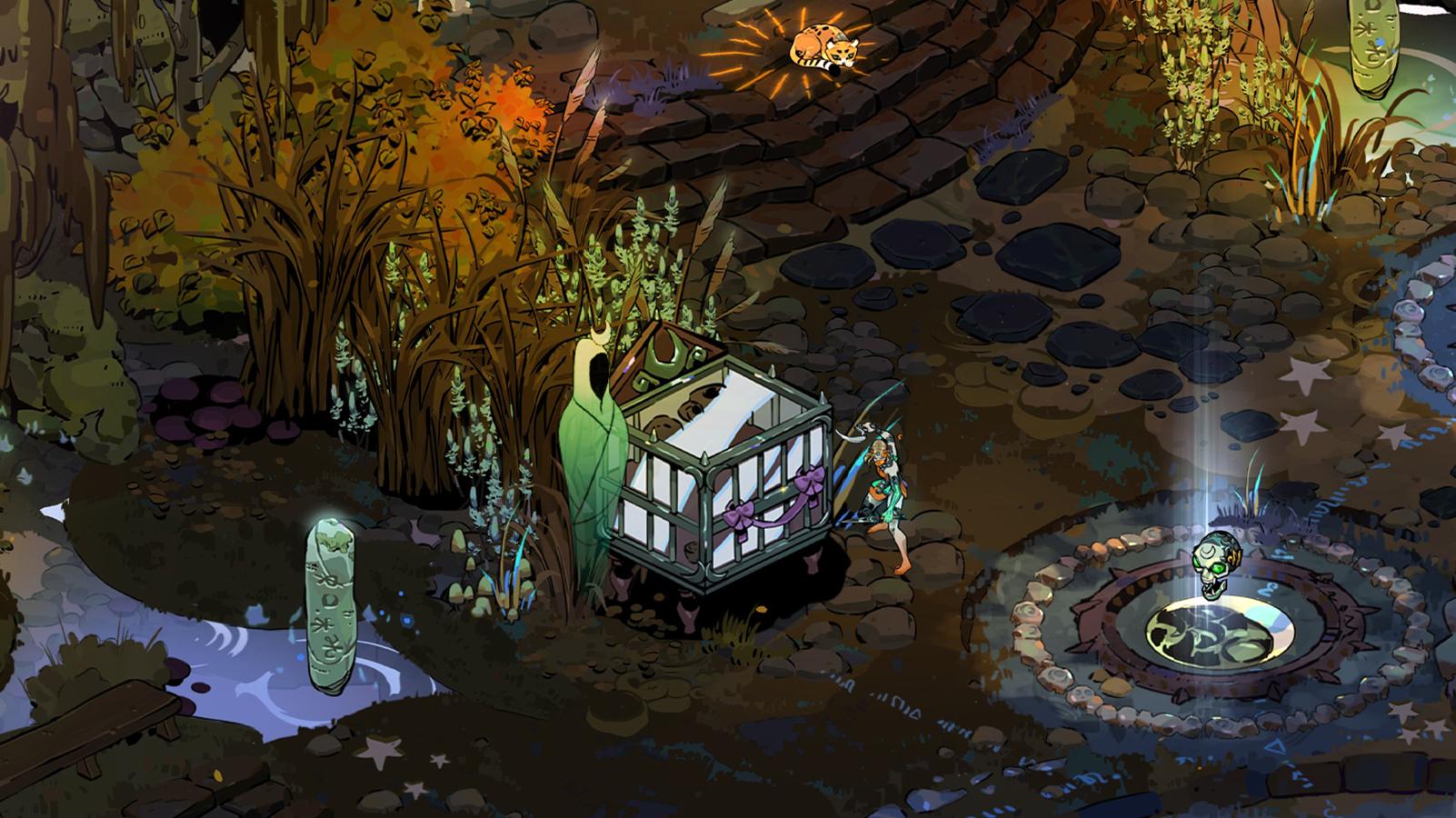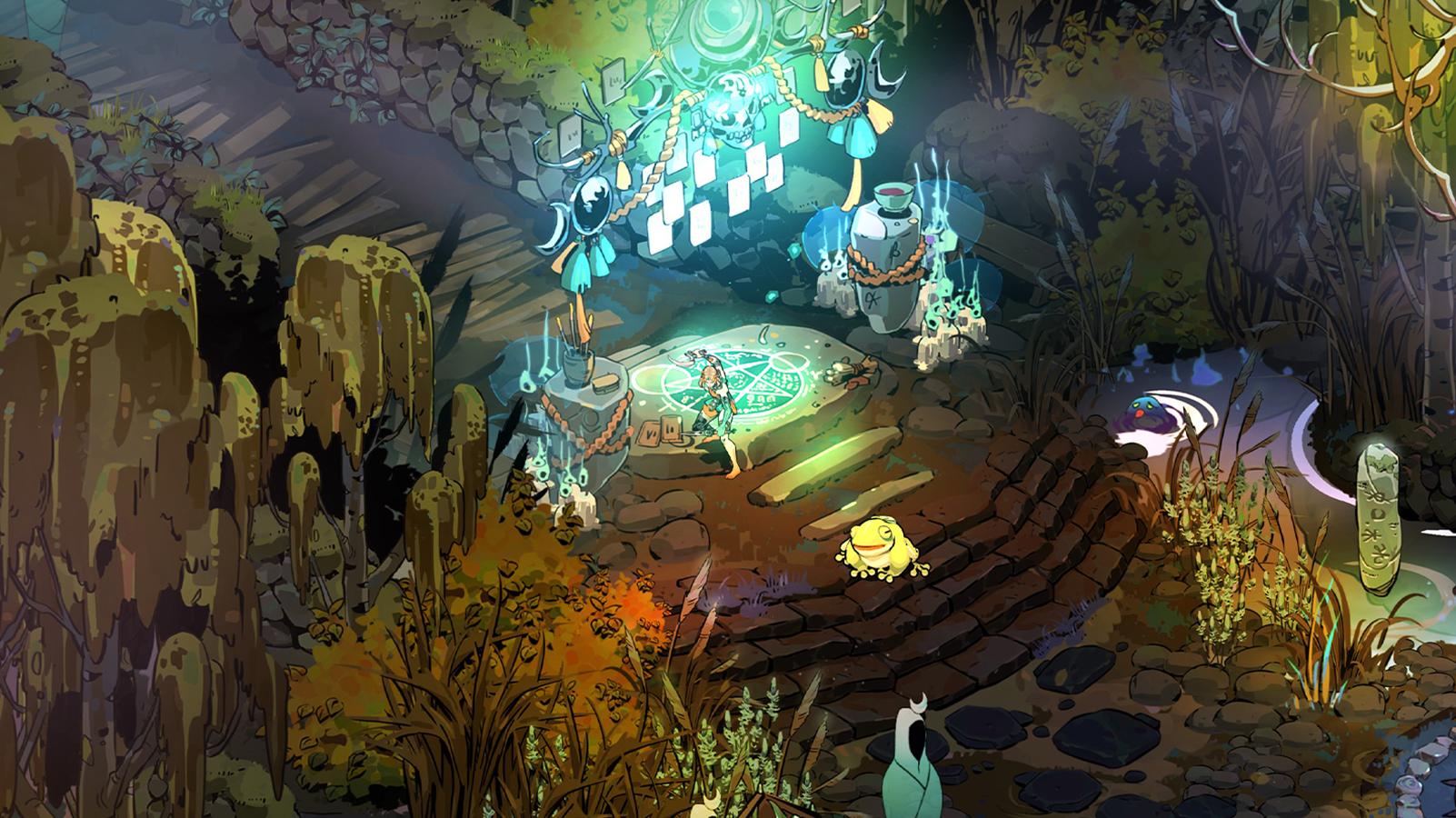A Dragon’s Dogma-inspired open-world Resident Evil 9 would be a mistake
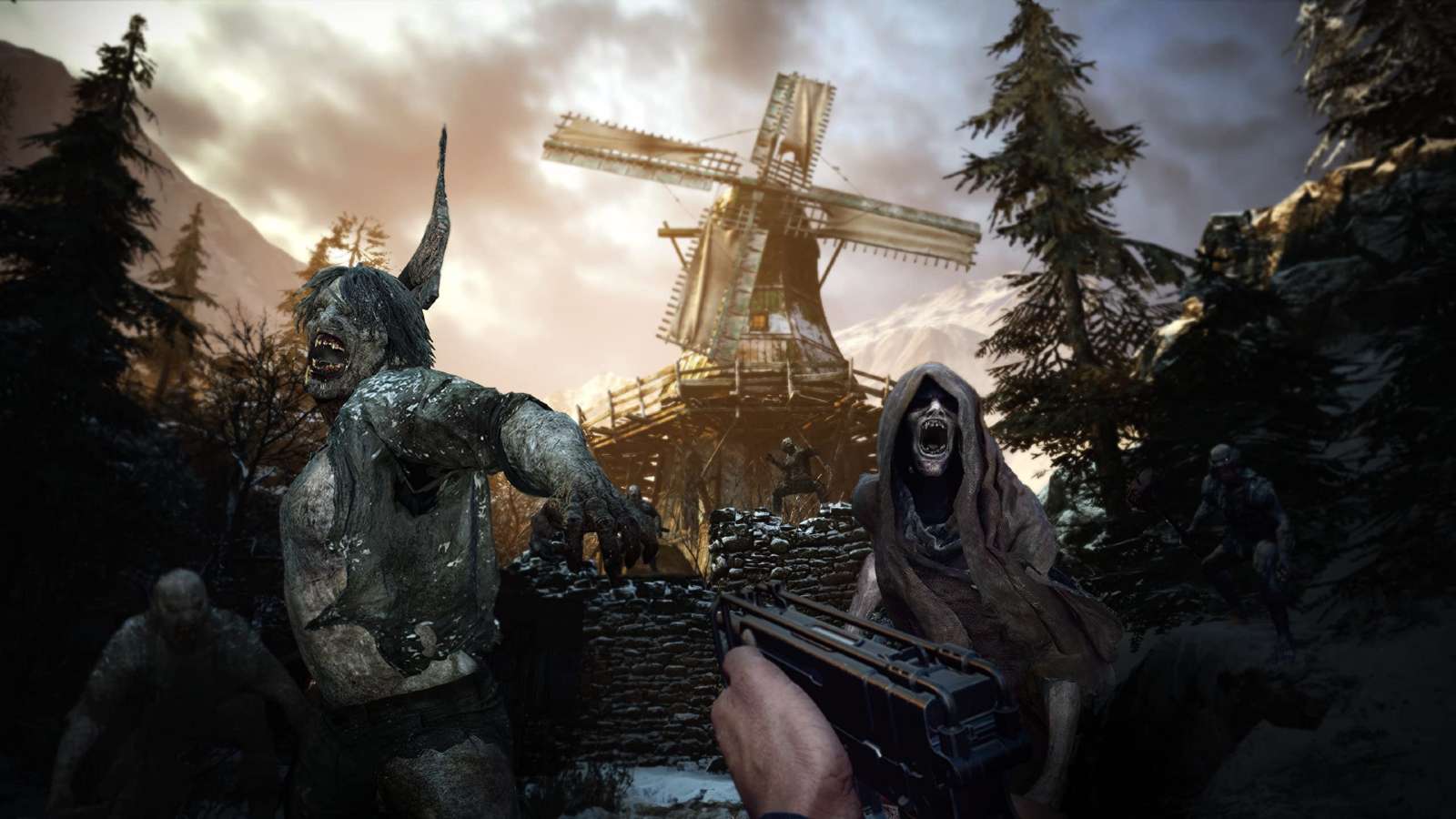 Capcom
CapcomIf Capcom is considering making Resident Evil 9 an open-world game inspired by the success of Dragon’s Dogma, then they’ll need to avoid certain pitfalls. Here’s why an open-world Resident Evil could be a grave error.
Resident Evil is one of those franchises that often looks to the past to decide its future when it needs to reinvent itself, usually when the current crop of games starts going rotten. Resident Evil 4 was an action-packed gore fest that abandoned traditional survival horror in favor of a more trigger-happy approach. Although this became stale by RE6, in RE7, classic horror was back on the undead menu.
Resident Evil Village succeeded by carefully borrowing from the series’ best elements and injecting just the right amount of each into the sequel. The game took features from Resident Evil 4, 7, and the RE remake games to create an excellent hybrid experience that skillfully blended everything people loved about Resident Evil. The remake of RE4 also continued this approach without betraying what made the original so popular.
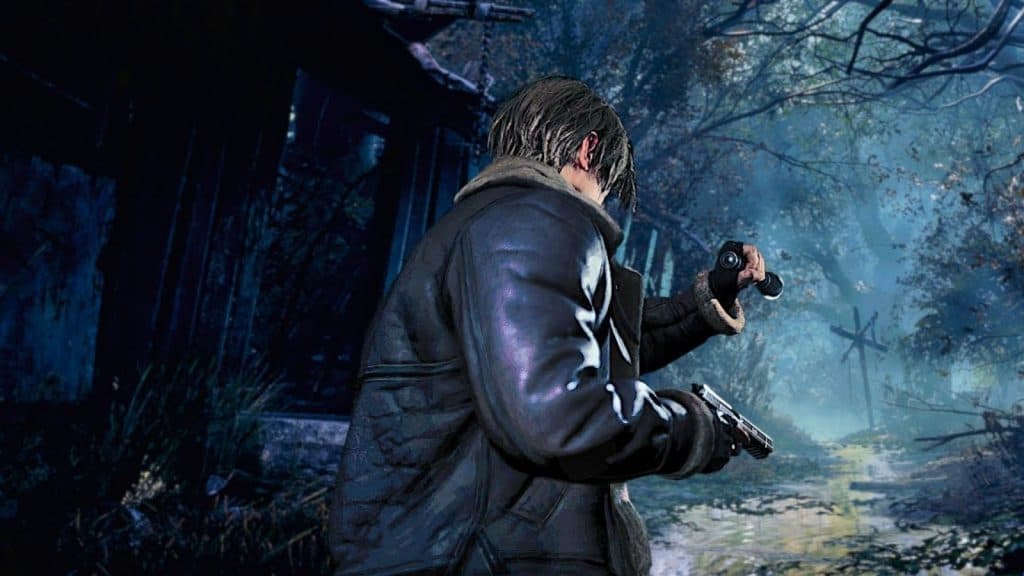 Capcom
CapcomSurvival Horror is back
Fully exploring and unlocking a location’s secrets is one thing that Resident Evil does best. Moving through explosive set piece after set piece is rarely memorable, which is why RE5 and RE6 are considered the runts of the little by most. The Spencer Mansion, the Racoon City Police Department, and the Baker Plantation are all examples of this working well. These locations felt like characters in their own right and players having the freedom to immerse themselves in their spooky mythology makes for great gaming.
Resident Evil Village kept this approach but widened the scope, letting players explore and move around a much larger area than in other games. However, the core experience remained the same without being diluted by the size increase. Essentially, Resident Evil Village utilized a semi-open world while managing to remain faithful to the tried and tested Resident Evil formula. In many ways, Capcom has always used this approach, but Village did feel more ambitious than previous entries when it came to exploration.
Here’s the thing: Capcom should be applauded for what it achieved with RE Village, but with the release of Dragon’s Dogma 2 and the rumblings that it is considering using a similar approach for Resident Evil 9, concern is starting to creep in. While Resident Evil works well in a semi-open world setting, going full open world would kill what makes these games work – and would make them look and feel like every other game in the genre.
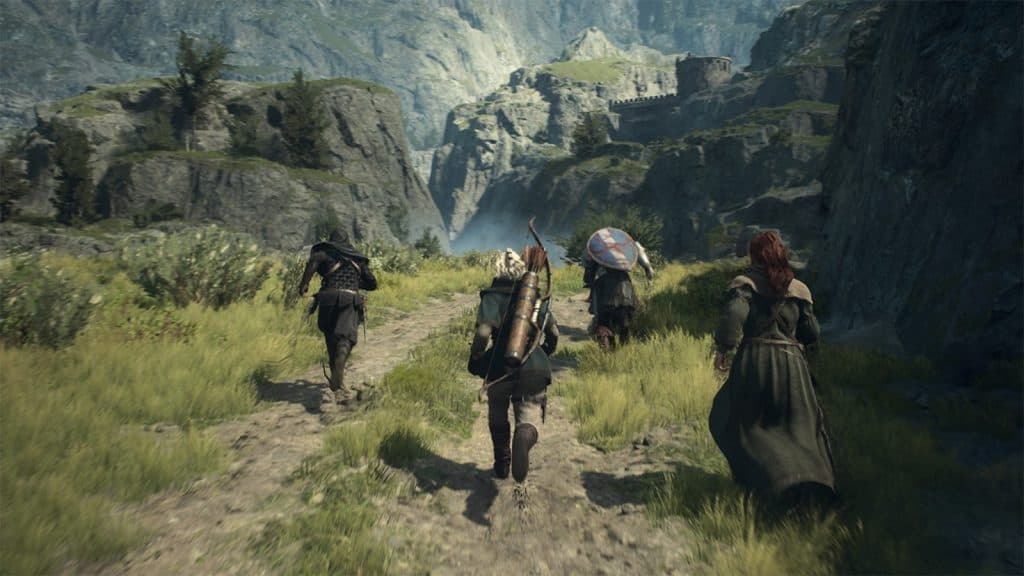 Capcom
CapcomCuration vs. Freedom
What makes Resident Evil great is that every inch of its various locations has been designed to be creepy. Each area is a horror playground that has been specifically crafted for tense, atmospheric gameplay, and the bigger the area gets, the harder it is to curate these horror experiences. The strength of Dragon’s Dogma is its dynamic open world, it’s the stories players create and discover for themselves. This is arguably the case for every open-world game, but that system doesn’t work for horror, which requires a much more deliberate blueprint rather than one based on chance.
Horror is at its best when it’s designed specifically to lure players in and thrill them. Sure, player freedom is important, but too much of it releases the audience from the spell. Open-world games offer a different kind of immersion to horror games. The two can overlap, but rarely can such tension and atmosphere be sustained indefinitely in a sandbox. Walking the streets of Racoon City could be scary, but there’s a reason why the claustrophobic halls of the Spencer Mansion are still legendary to this day.
Capcom is always looking for ways to innovate and evolve Resident Evil, and that’s great, but the last thing anyone wants is for the series to turn into Days Gone. Not to disparage that game, but its open-world design was just as much of a hindrance as it was a selling point. Less is often more, and Days Gone left its horror for the players to go out and find for themselves in a vast open, but dead, world. As a result, there aren’t many moments outside of taking down the horde that stand out as particularly memorable.
Resident Evil needs to be what it has always been: a game where our underpowered protagonists are dropped into a horrific biohazard outbreak where they need to survive and escape. Somewhere where the location has been carefully designed to lend itself to the story being told. This is another reason why Resident Evil 6 failed. Did anyone really care about Tall Oaks in the way they did about Racoon City? It’s because Tall Oaks was nothing more than a set piece, whereas Racoon City had its own mythology.
 Pathé
PathéSaving the world
As for a post-apocalyptic open-world, this is where the original live-action Resident Evil movies went wrong. Once you cross that Rubicon then you essentially kill the stakes as now the worst-case scenario has already happened. There’s no coming back from that narrative decision, one which will limit the setting and gameplay of all future entries. The true terror of Resident Evil is the fact that an entire city could be engulfed by the T-Virus at any time, and the government would have no choice but to nuke the area and the population — a decision the US government has made twice now in the Resident Evil series.
Living in the RE universe is to live in a world plagued by bio-terror, and that unpredictability is far scarier than anything the movies ever did. Also, Resident Evil games often stick to their B-movie origins, ending triumphantly (if not with an element of bittersweetness) as the survivors escape and vow to take down the bad guys. This takedown usually happens offscreen, but our protagonists are still instrumental in saving the world and preventing whichever virus it is from infecting the planet, so creating an apocalyptic sequel would undermine all the heroism we’ve seen from our recurring cast over the years.
Of course, Capcom could make an open-world Resident Evil game without making it a post-apocalyptic world, but either would be a mistake, and as with games like Days Gone, these elements often walk hand-in-hand, which is why it’s been addressed here. Throughout the years, Capcom must have considered ending the world in Resident Evil or considered making an open-world entry many times. Fortunately, they’ve continued to resist this temptation – likely due to some of the reasons explained above.
Ultimately, Capcom shouldn’t let the success of Dragon’s Dogma 2 go to their heads and allow this to influence the future of its other franchises like Resident Evil, at least not too much. Of course, the developers should continue to innovate and evolve the series while learning from the success of other games, but Capcom needs to remember that Resident Evil isn’t broken and doesn’t need fixing.
What it needs is a Resident Evil 9 that emulates the success of Resident Evil Village and the RE4 remake by not straying too far from what made those games exceptional while throwing in some surprises along the way.
Dragon’s Dogma 2 can be hard to love | Resident Evil 4 ending explained | Why it’s time for a Dino Crisis remake | Should Capcom remake Resident Evil 5 next? | Will there be a Resident Evil: Code Veronica Remake?
